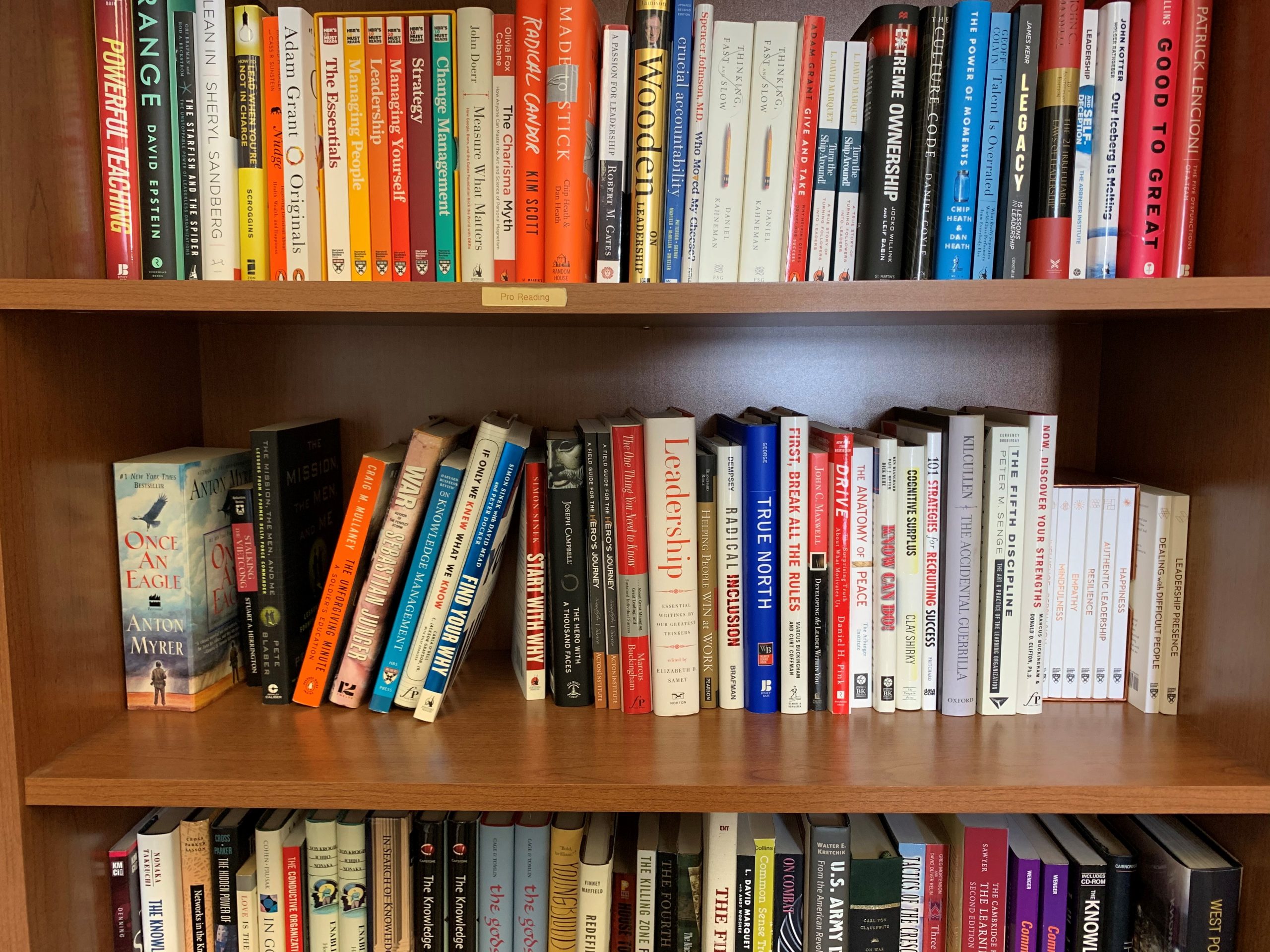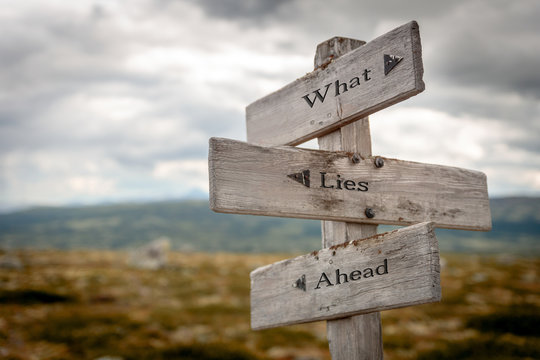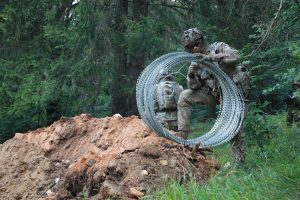Read More?

“Superficiality is the curse of our age.”
-Richard Foster
As junior officers we should always be looking for ways to enhance our effectiveness as leaders by building our tool kit. One of the best ways to build your tool kit is through reading. Reading and the knowledge that it provides is the foundation of our personal and professional growth as junior officers. This is a challenge to start strengthening your leader tool kit by reading more this year.
How do I read more this year?
Type that in google and you get back infinite amount of hits on how to do just that. The suggestions and tips are endless. Read X books a day…Zuckerburg does this….Gates does that…Lets face it…none of us have the time or luxury to read at the capacity they do, but it’s still the top goal of any person for any given year. In 2016, I myself asked myself the same question and started on a path to read more. Looking back today I realized that year I hit my goal of 100—but what did I really get out of it?
For those wanting to be better readers this year, the first step is to start with a tangible goal. In the past I have been notorious for saying I want to read X number of books this year and then I obsessively start reading—past the point of beneficial comprehension in order to stack numbers. Transparently, I would post on Instagram with a clever hashtag and relish in people validating my reading ability. Sure it may motivate you to read more, but neither of us is benefiting from me being vain.
What I have learned over last few years of becoming an active reader is that I can only become better by truly consuming the information and by annotating what I am reading, reflecting and engaging in the process of reading. If we aren’t reading to benefit ourselves and others as leaders why do it?
To get more out of reading, take stock in the meaning of the content and words more than the words themselves. Here are a few tips to make it easier.
Make it manageable
If you really want to be a better reader start limiting what you read. Instead of 100 books this year, start with 12 (one a month). That’s replacing 30 minutes of Facebook time a day on reading. (Hey, you did it before Facebook; you can do it now.) One way to do this is to set a social media time limit. I’m notorious for getting stuck in the dark hole of checking profiles of random people in an online world that adds zero value, but it doesn’t have to be like that. If you focus on reading daily you will take small bites out of a large goal.
Where to start?
There is always time if you make time. You don’t have to sacrifice family, work, or play to become a better reader. With a demanding job, three young kids, and an awesome wife I don’t want to lose what time I do have with them, so I put aside an hour every day for reading. Sometimes it’s 30 mins before work, 15 mins during a break in the day and another 15 before bed. I started that 60 mins a day goal two years ago and now average anywhere from two to three hours of content a day. The goal here is to set a time goal and achieve it daily.
To get the most out of what you read. Here are a few tips to become a “better” reader.
- Do an initial read of each book and highlight key ideas and thoughts with a highlighter pen (or highlight annotation on Kindle).
- After completing the initial read, read the same book again but only the highlighted passages, and transcribe these highlighted passages to a Word doc.
- For each highlighted passage in the Word doc, look into the history, importance, relevance, and usefulness. You’ll be much better off if you do this for 12 books each year, than if you read 100 with no insight.
- Review and reflect periodically during the year. Share your successes and lessons.
Remember: the goal of reading should be to learn, not to have the highest number of books or pages. Reading is the best way of development—to grow and to learn and to think better, faster and better. Make a pact with yourself to read for you this year and not everyone else. (Although I still plan to post the books I read on Instagram—it is a thing at this point. We all have our vices!)
Happy reading!
———
Jeremy Boeh is the Company Commander for the 342nd CBRN Company. He holds a Masters of Business of Administration from Liberty University and a Bachelor of Arts in History from Wofford College. In his free time, Jeremy works as a consultant with organizations serving transitioning service members. The views expressed here are the author’s alone and do not reflect those of the U.S. Army or the Department of Defense.
Related Posts

Going Off Script, But Staying on Track: A Career Guide for Junior Leaders
Intro I walked into LTC Tomi King’s office as a new 2LT in his formation. We discussed all the normal talking points in that initial counseling – family, where I …

Fighting as an Enabler Leader
(U.S. Army Photo by Cpl. Tomarius Roberts, courtesy of DVIDS)Enablers provide capabilities to commanders that they either do not have on their own or do not have in sufficient quantity …

Defeating the Drone – From JMRC’s “Skynet Platoon”
If you can be seen, you can be killed—and a $7 drone might be all it takes. JMRC’s Skynet Platoon discuss their TTPs to defeat the drone.
